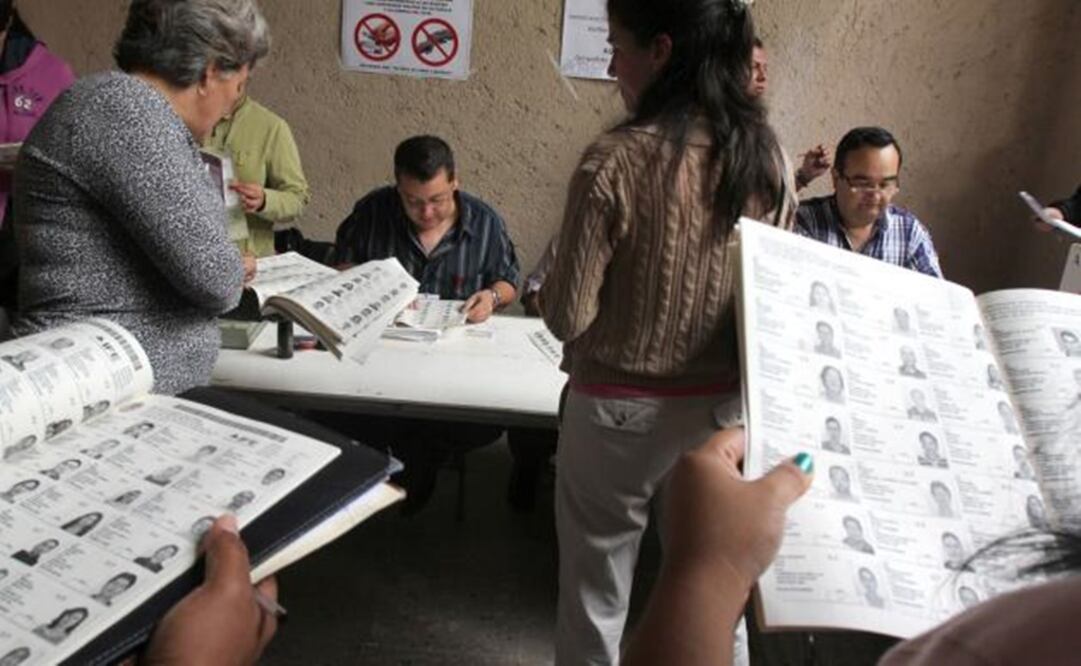Más Información

Ya sin Arriaga, actualizarán libros de texto de la SEP; se incorporará participación histórica de las mujeres: Mario Delgado

Pensiones doradas: el caso de José Ángel Gurría Treviño; inconsistencias en su jubilación fueron señaladas desde los años 90

Turnan a ministro Giovanni Figueroa el caso de Mario Aburto, asesino confeso de Colosio; resolverá si condena de 45 años es correcta
The strength of the institutions that arbitrate electoral processes lies mainly in their credibility. If a contender suspects that the authority on the matter is lacking in partiality, the choice becomes unclear and questioned. Hence the importance for these institutions to be able to offer the necessary guarantees so that the electoral competition is carried out in a transparent, fair and equitable way.
In recent days, three of the four main candidates for the government of the State of Mexico, all of them from the opposition, have expressed their doubts about the role of the State of Mexico Electoral Institute (IEEM) in the process, particularly regarding the quick count method that will be used next June 4, the day of the election.
In response to this, as EL UNIVERSAL publishes today, IEEM's counselor president, Pedro Zamudio Godínez, stated today that none of the political parties representatives before that institution has expressed distrust of the procedure and defended the Preliminary Election Results Program (PREP) that was implemented for this electoral process.
The transparency with which the IEEM acts must be a condition to have the support of the political parties and candidates that compete for the positions in dispute in the State of Mexico. The rules and procedures for the elections were agreed among the participants at the beginning of the process, in conjunction with the electoral authority; such a mechanism should not raise uncertainty.
The IEEM is also obliged to offer guarantees of impartiality that the election will be carried out under conditions of justice, fairness, and openness. According to its responsibility, the institute should have an exemplary performance, particularly during the election day. It has the great opportunity to eliminate any suspicion of arbitrariness that has arisen among the competitors.
The electoral processes in the Mexican democracy allow people to endorse governments for their good performance or, on the contrary, facilitate the arrival of new parties against social dissatisfaction with the state of things at a given time. For these reasons, it is fundamental that both the institution qualifying the election and the candidates are subjected to the established rules and procedures.
The State of Mexico is a fundamental entity in the country, not only because of its political and electoral relevance but also because of its geographical location, which contributes to the national economy. Participants, authority, and contenders, have the challenge to make civility prevail against any attempt to discredit next Sunday's election. The country requires it more than ever.
al
Noticias según tus intereses
[Publicidad]
[Publicidad]









